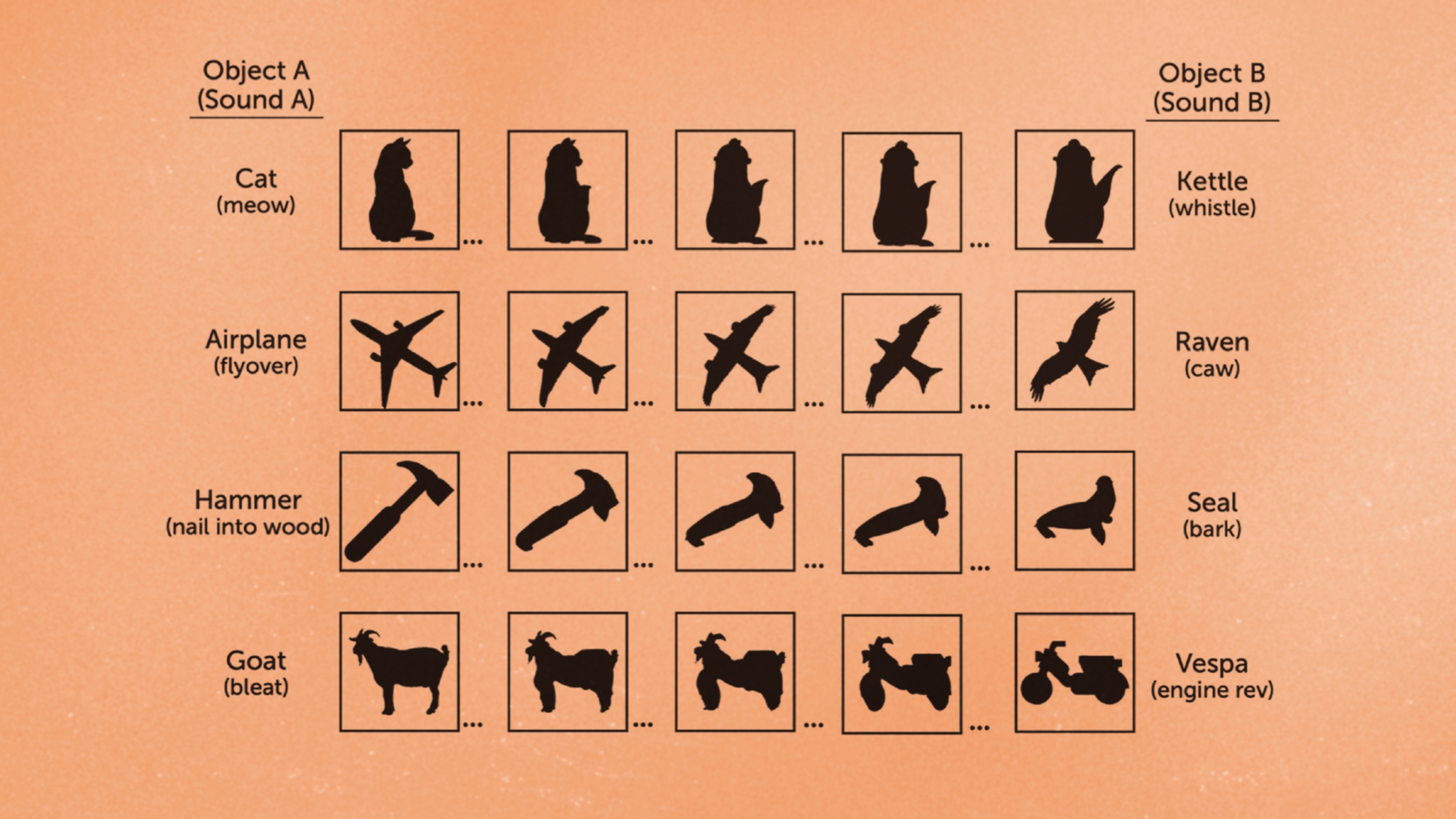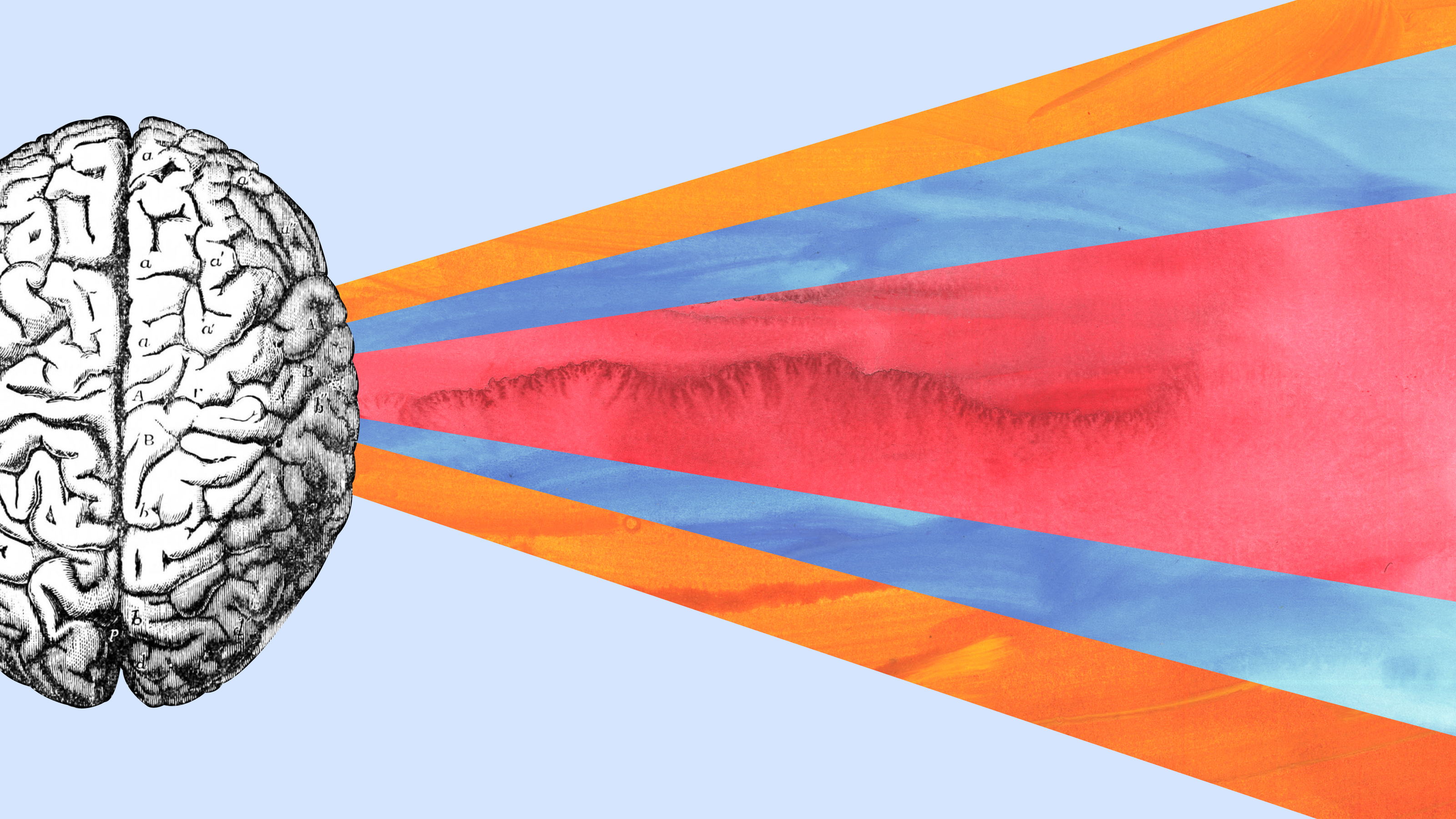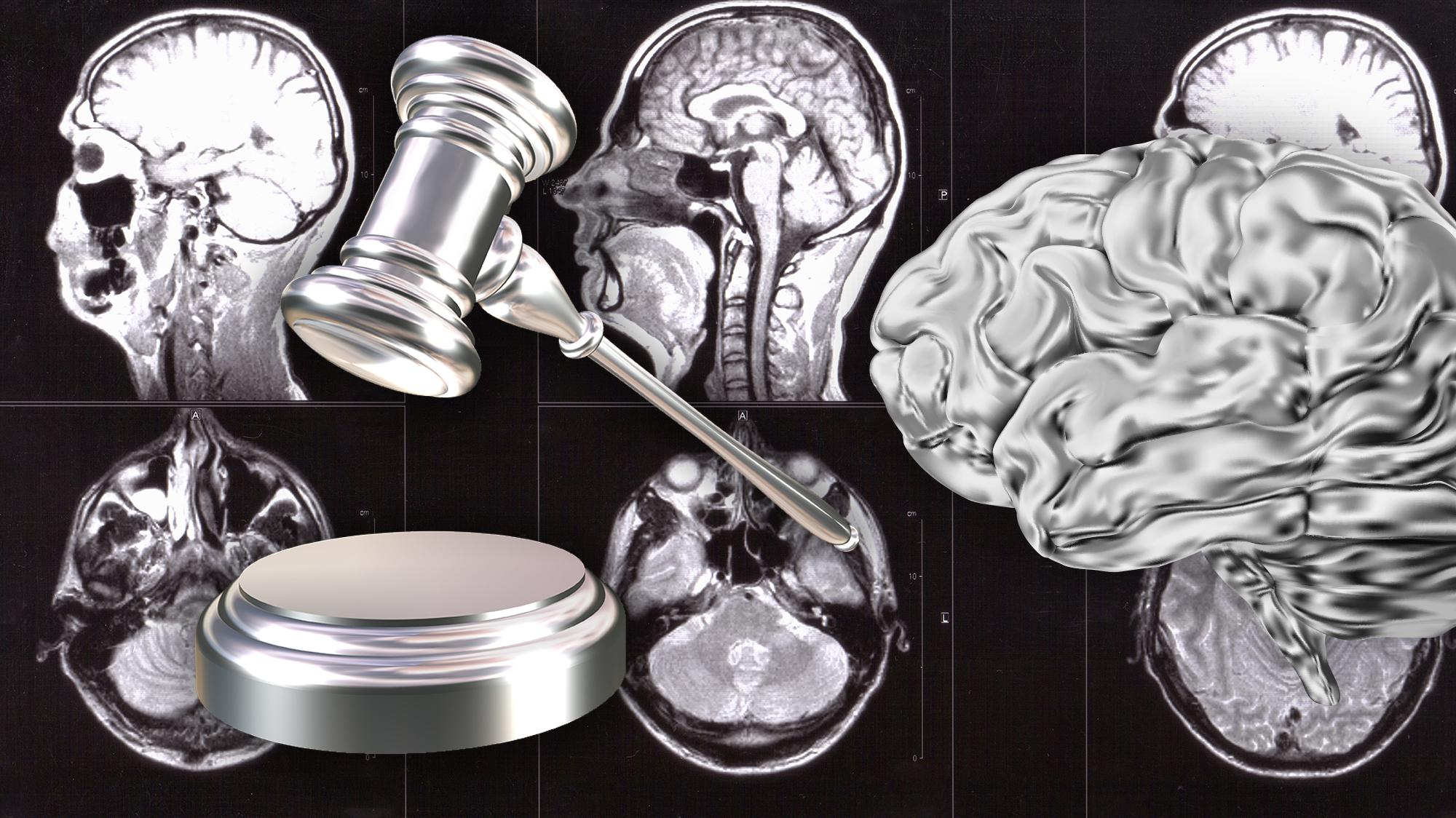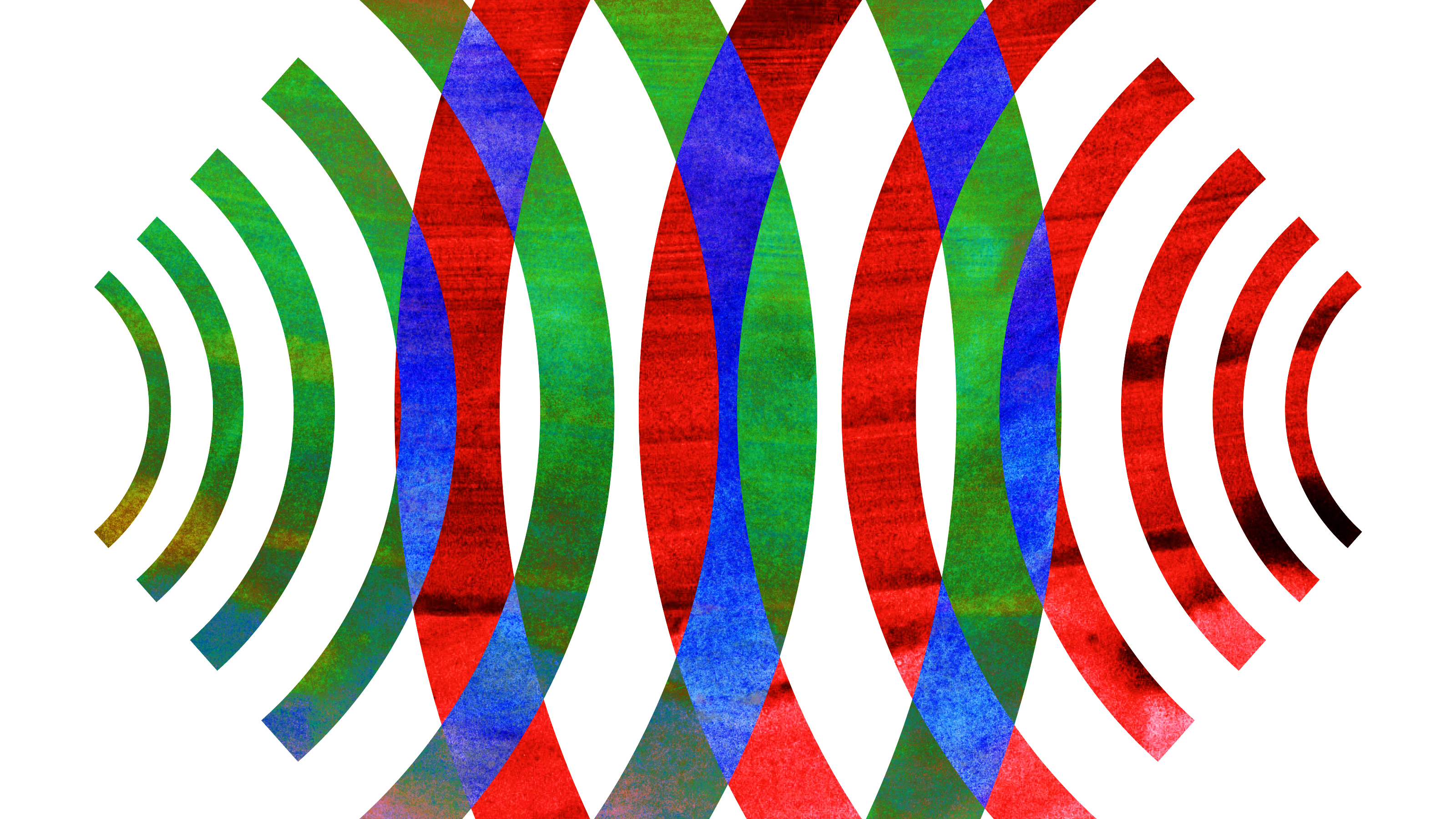Being bilingual affects your visual perception and memory
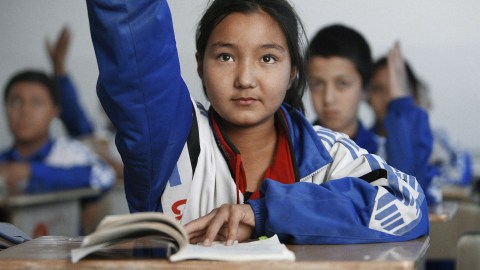
- Research shows that the language we speak can influence how we see the world.
- Furthermore, research also suggests that language and memory are closely linked.
- Now, a new study shows that people who speak different languages remember visual scenes differently.
Language and memory are typically thought of as distinct cognitive processes, but in fact, they are closely linked and interact with one another. During spoken word recognition tasks, hearing a spoken word triggers the brain to consider similar sounding “competitor” words. For example, cat, cap, cam, and can all roughly sound the same — and, hence, they are “competitors” — but there aren’t many words that sound like jabberwocky.
In bilinguals, this word competition occurs both within and between languages. Words that sound the same in both languages, but have different meanings, are harder to recognize, as are words that have partially overlapping sounds. These lexical interactions can influence visual memory, too. For example, a 2022 study demonstrated that pairs of objects in a visual search are remembered better when they sound alike or have similar meanings.
Language and memory
Now, new research published in the journal Science Advances shows that speakers of different languages remember visual scenes differently.
Matias Fernandez-Duque of Northwestern University and his colleagues recruited 42 English speakers and 84 Spanish-English bilinguals, and tracked their eye movements while they performed a visual search task. In the task, the participants heard a target word in English (such as clock) and had to identify that target object from four images that included an English competitor (for example, clown), a Spanish competitor (for example, clavo, which means “nail” in Spanish), and a non-overlapping control object (for example, mirror).

The researchers then carried out a visual memory recognition test, and found that the participants remembered the English competitors (like clown and clock) significantly better than the control items (like mirror). Bilinguals who were highly fluent in Spanish, but not those less proficient in the language, also had a better memory for the Spanish competitors (like clavo), apparently due to their higher verbal working memory for Spanish words.

The eyes have it
The eye-tracking data revealed that all the participants spent more time looking at the English competitor items than at the control items, and that the bilinguals who were highly proficient in Spanish fixated more on the between-language competitor items, suggesting in both cases that competition between items promoted greater attention.
The participants’ eye movements also had an effect on their performance in the visual memory recognition test. Their enhanced memory for competitor items was at least partly explained by an increased gaze at these items during the visual search task, such that paying more attention to them resulted in a better memory for them later.
The results show that linguistic representations during speech processing can influence the encoding of visual memories, providing further evidence of the link between language and memory, and adding weight to the idea that language can influence visual processing.
